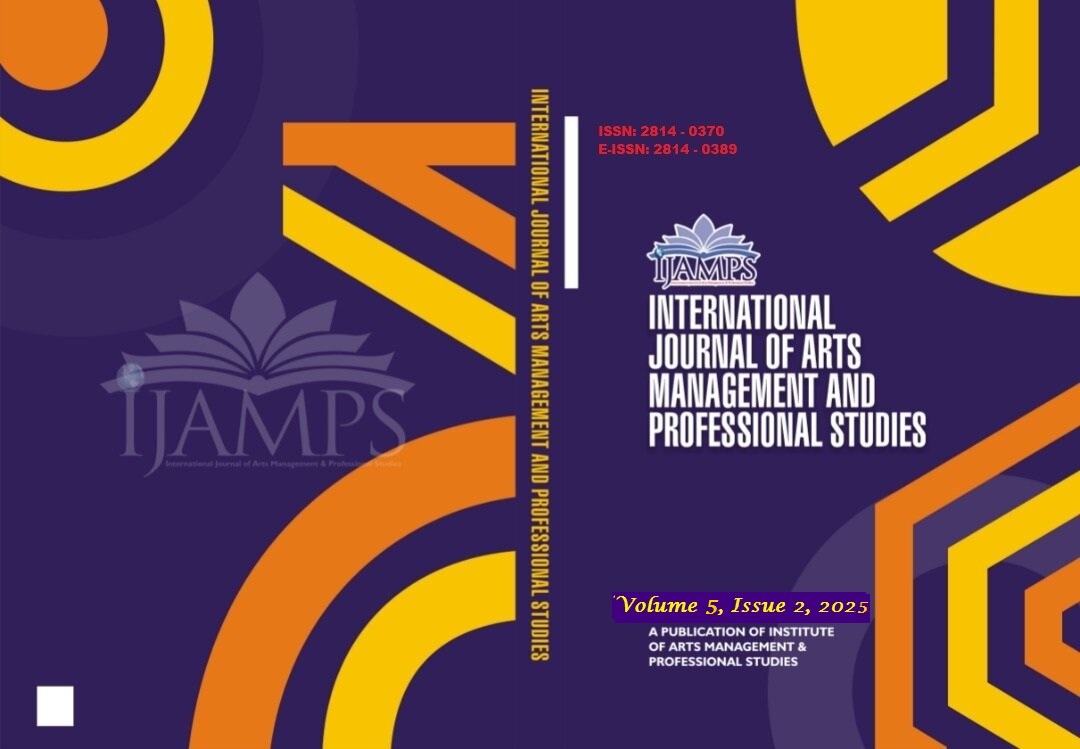
RANDOMIZED QUESTION POOLS AND ADAPTIVE TESTING: A TWENTY-FIRST CENTURY SOLUTION TO EXAM MALPRACTICES IN COMPUTER-BASED PUBLIC EXAMINATIONS
Ikwuobe, Yusuf, Ph.D. , Michael Edeh Ogbu, Talatu Adamu Kuri
Volume 5, Issue 2, June 2025
Examination malpractice remains a significant challenge in the education sector, undermining the credibility of public examinations and educational standards. In Nigeria, prevalent forms of malpractice, including copying, collusion, question spotting, and impersonation, account for nearly 58% of reported cases in recent years, as highlighted by WAEC and JAMB records. This study explores the effectiveness of randomized question pools and adaptive testing as innovative solutions to mitigate exam malpractice, improve exam security, and enhance fairness. The objective is to evaluate the extent to which these methods reduce cheating opportunities and address specific types of malpractice, including copying and collusion.The study reviews existing literature on exam malpractice and the application of technology-driven testing systems, focusing on randomized question pools and adaptive testing. A quantitative research design was adopted, analyzing data from examination malpractice incidents before and after the implementation of these strategies between 2019 and 2021. Statistical tools, including descriptive analysis and chi-square tests, were employed to assess the effectiveness of the interventions. Results showed a significant reduction in malpractice rates: copying decreased by 65% (from 18% to 6%), collusion dropped by 60% (from 20% to 8%), and question spotting reduced by 73% (from 15% to 4%). However, impersonation cases remained stagnant at 5%, indicating gaps in addressing all malpractice types.The study concludes that while randomized question pools and adaptive testing effectively reduce specific forms of malpractice, complementary measures such as biometric verification and robust ID checks are essential to tackle impersonation. Investments in technological infrastructure, personnel training, and public awareness campaigns are recommended to ensure seamless implementation and maximize the impact of these strategies, especially in resource-constrained environments.